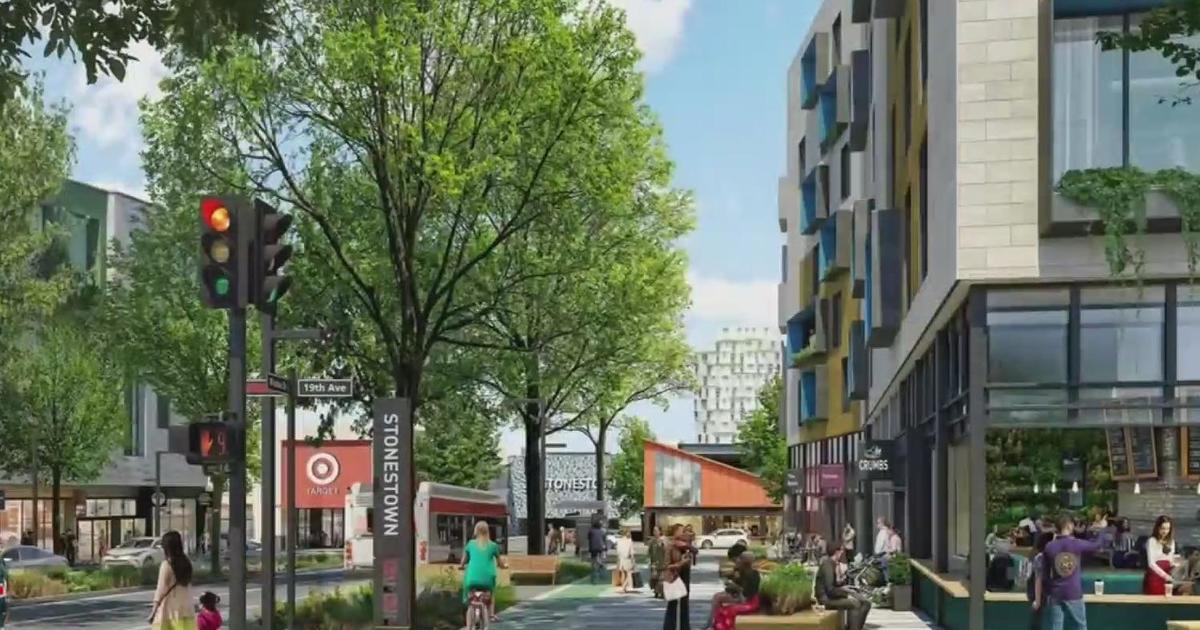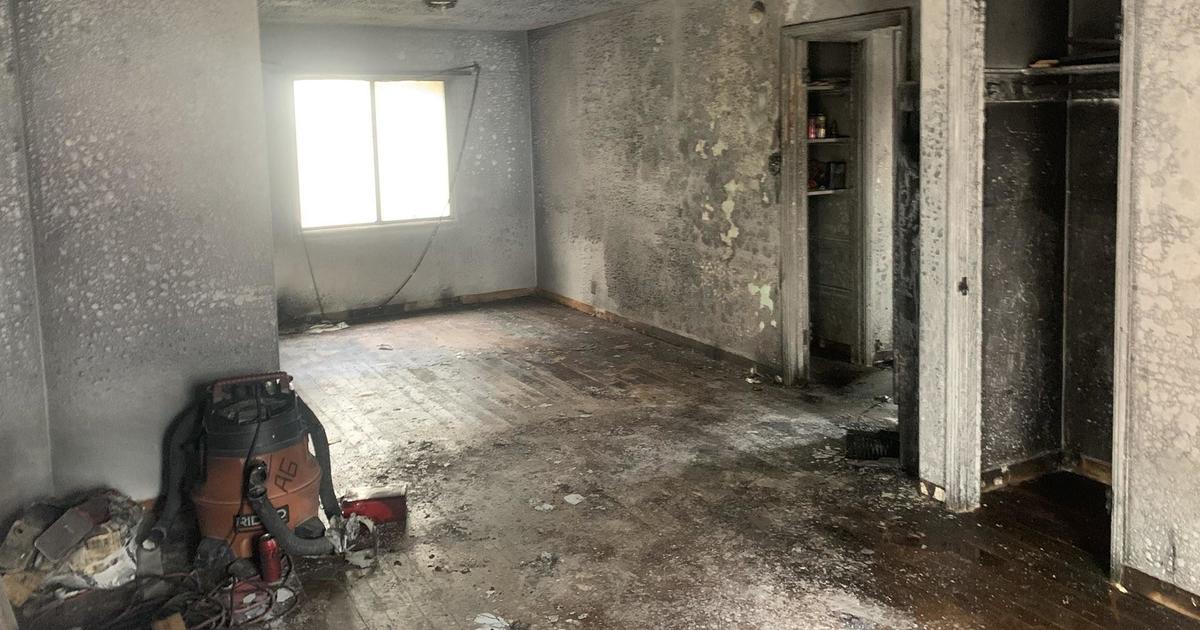San Quentin COVID-19 Outbreak Reaches 1,100 Cases Among Inmates, Staff
SAN QUENTIN (CBS SF) -- An out-of-control COVID-19 outbreak at San Quentin State Prison grew to 1,100 confirmed cases among inmates and staff members Monday with seriously ill convicts being transferred to ICU units across the San Francisco Bay Area.
The California Department of Corrections and Rehabilitation (CDCT) on Monday said it was setting up air-conditioned tent structures within the prison to help deal with the outbreak was determining the best was to use the additional medical triage and housing space.
According to the CDCR's web site, there were 1,016 active cases Monday morning among the 3,776 inmates housed at the facility.
Of those cases, 973 have been confirmed over the last 14 days. None of the infected inmates have recovered from the virus. Among the staff, prison officials said 89 have been confirmed as being infected with six recovering enough to return to work.
One of the inmates who tested positive, 71-year-old Richard Eugene Stitely, had been found dead in his cell last week. The official cause of death was still pending.
So far, at least 25 inmates were being treated at Bay Area hospitals under heavy security, including Marin General, Seton Medical Center and Saint Francis Hospital in San Francisco.
During his Monday press conference regarding the state's response to the coronavirus pandemic, Governor Gavin Newsom said the state was "working overtime" to alleviate the rising case numbers as far as moving inmates and releasing some early, but cautioned that there were also issues to consider as far as releasing prisoners who have no place to go.
The San Quentin outbreak accounts for a large percentage of the 2,589 California prison inmates currently diagnosed with the virus.
"We have about 113,000 inmates in our correctional system. We currently have about 2,600 that have tested positive for COVID-19, but 1,011 have tested positive just in San Quentin. So that is our deep area of focus and concern right now," said Newsom.
The governor noted he had taken steps earlier in the pandemic to decompress the system in away that would provide space and more flexibility within the states correctional facilities.
Newsom said the fact that 42 percent of San Quentin's inmate population "is deemed medically vulnerable" presented an additional challenge in handling the outbreak.
"At San Quentin what you have is five floors stacked on top of each other," said Dr. Stefano Bertozzi, Dean Emeritus of UC Berkeley School of Public Health. "All onto an atrium so essentially everyone in those cells is breathing the common air, so that's 800 people in that one cell block.
Prison advocates and family members are demanding the governor grant more releases amid the outbreak. They say prisoners with fewer than 180 days left on their sentences and test negative should be let go.
But according to Newsom the more than 100 inmates tagged for possible release may not have a safe place to go. "The question is do you make a bad situation worse by releasing someone that's not ready to be released because they don't have a place to stay?" said Newsom.
A prisoners' rights group hosted a virtual weekend town hall with community members to address their concerns. Among those who participated was a current San Quentin inmate.
"The longer this pandemic stays in any form in our state, the longer and farther along we are to getting back to any sense of normalcy in our lives," said San Quentin inmate Adamu Chan.
Prison officials had hoped to move dozens of inmates out to San Quentin to a state prison in Delano in Kern County on Monday but those plans were shelved after two inmates slated for transfer tested positive for the virus.
In was a similar transfer that triggered the San Quentin outbreak. Public health officials point to a transfer of more than 120 inmates from Chino to San Quentin in late May as the likely source of the virus.
On Friday, Marin County -- where San Quentin is located -- rolled back plans for further easing of local COVID-19 restrictions on Monday because cases among local residents were on the rise and the outbreak at the prison.
"We planned to take a big step forward on Monday, but instead we are taking a smaller step," said Dr. Matt Willis, the county's health director, in a video posted Friday night. "Indoor restaurants, hair salons are still on deck for Monday, but gyms, personal services, hotels and short term rentals will be paused for now. Here's why we are tapping the breaks. Yesterday, 54 new COVID-19 cases were reported (in Marin County) which is the single largest number on any day so far. In addition there are 12 COVID-19 patients hospitalized in Marin and five in intensive care."
Willis also cited the San Quentin outbreak.
"Compounding the problem is an outbreak at San Quentin Prison," he said. "While this is a sequestered and distinct population of almost 4,000 inmates and 1,000 staff -- it's still part of our county. San Quentin is experiencing the largest prison outbreak of COVID-19 in the state with nearly 600 cases among inmates and 75 among staff in just over 2 weeks. This has stressed local hospital capacity because at least 25 inmates have required hospitalization within the region."
"These are not easy decisions," Willis continued of plans to slow reopenings. "Taken together, the spikes in cases statewide, regionally and in our own community, increased hospitalization and ICU stays and large prison outbreak that is still uncontrolled within our borders -- We need to take a more caution approach."
Alameda County authorities also cited the San Quentin outbreak amid the reasons to slow the county's rollback of restrictions put in place to slow the spread of COVID-19.
"We are concerned by the increase in local cases, disproportionate impact on communities of color, local impact of the outbreak at San Quentin State Prison, and the alarming disease trends we see in counties that have opened at a faster rate," Alameda health officials said in a release Monday. "This week and next will be critical for assessing the impact of activities authorized to resume in Alameda County on June 19th, and we will continue to closely monitor our data to inform next steps regarding reopening and attestation."



